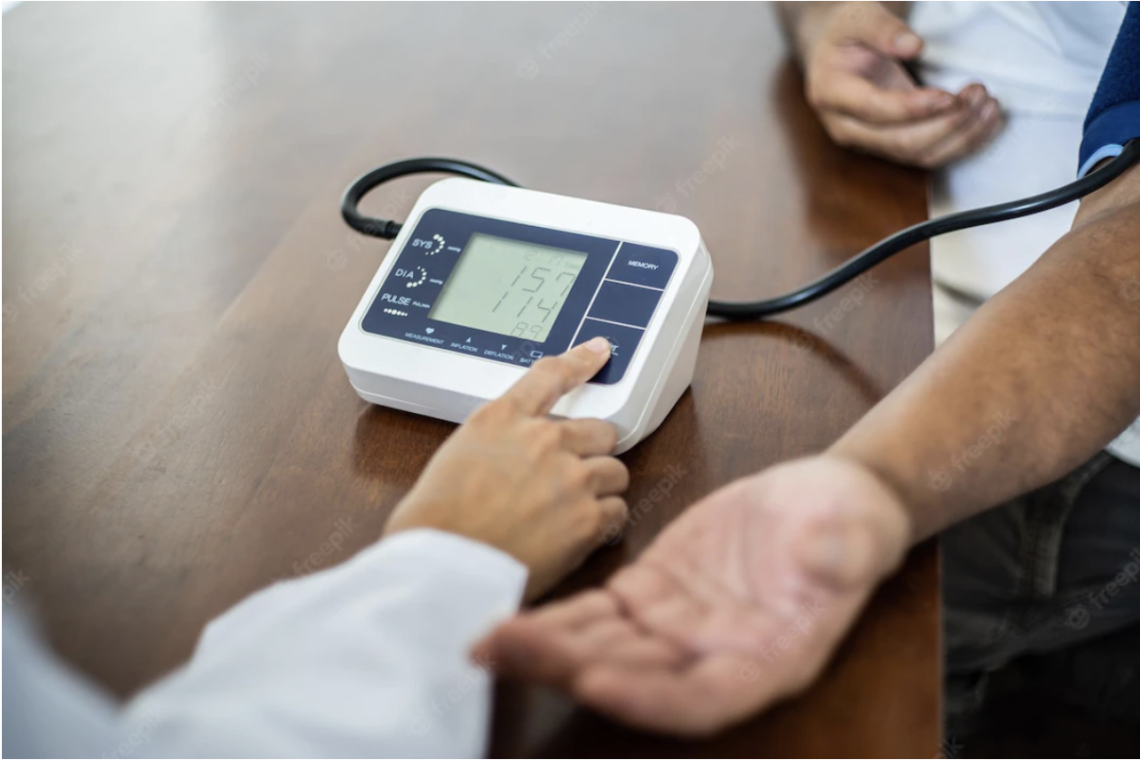Hypertension, also known as high blood pressure, is a medical condition that impacts nearly 120 million adults in the United States and one in three adults globally.
A new report by the World Health Organization (WHO) has stated that despite being a treatable condition, four out of five people around the world with hypertension do not receive adequate treatment.
The report revealed that the number of people suffering from hypertension has doubled from 650 million in 1990 to a staggering 1.3 billion in 2019. It further stated the most concerning aspect of this drastic growth was that nearly half of the individuals were unaware of their condition, making it difficult for them to receive early medical intervention and management.
The statistics showed that more than 75% of adults with hypertension reside in low and middle income countries, underscoring the urgent need for equitable healthcare access. The health officials stated that if countries can scale up coverage, 76 million deaths could be prevented between now and 2050.
What is hypertension?
Hypertension is a common condition that affects the body’s arteries. Having high blood pressure means that the blood pushing against the artery walls is consistently higher than normal, which causes the heart to work harder to pump the vital fluid.
The only way to know if you are suffering from high blood pressure is to have a blood pressure test.
Blood pressure is measured in millimeters of mercury (mm Hg). In general, hypertension is defined as having a blood pressure reading of 140/90 millimeters of mercury (mm Hg) or higher.
Hypertension can be dangerous as symptoms may go undiagnosed and not show up for years, leading to more serious conditions like strokes, heart attacks, heart failures, kidney damage, and several other health complications.
While factors like genetics and aging do influence the risk of hypertension, modifiable aspects such as a high-salt diet, physical inactivity, and excessive alcohol consumption play a…
Read the full article here








